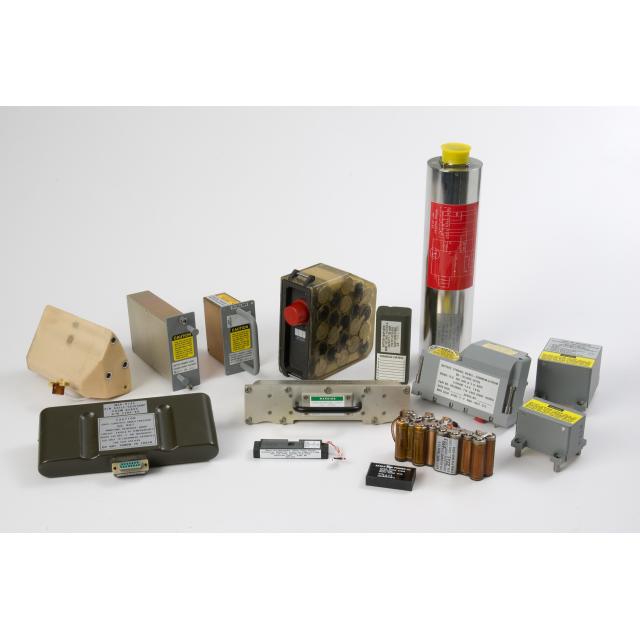Taking Care of Batteries for Aircraft
EaglePicher is uniquely qualified to provide power and energy for the aviation industry. We are honored to play a vital role in the research and development of batteries for civil and commercial aircraft. While working on the development of safe lithium-ion battery systems for commercial aircraft, EaglePicher engineers have been representing the company on very important standards development committees. EaglePicher is currently under contract with the FAA to develop innovative methodologies to improve the operational safety of lithium-ion battery systems for commercial aviation.
EaglePicher is fully integrated and chemisty agnostic to pragmatically select the right solution for each customer's demanding application. We provide solutions for commerical customers working on eVTOL, hybrid electric, More Electric Aircraft (MEA), fixed wing, rotocraft, unmmaned aerial vehicle (UAV) fixed wing and UAV.
Today, we continue to collaborate with major commercial airframe suppliers to develop advanced technology energy storage solutions for the emerging MEA initiatives. This movement’s goal is to replace major systems currently utilizing nonelectric power with new electric systems. The ultimate aim is to improve aircraft performance, decrease operating and maintenance costs, reduce weight and fuel consumption, and increase reliability.
When selecting a battery solution for an aircraft you need to consider the other needs of a full-up battery assembly. A battery management system (BMS) is used for protections, monitoring, control, redundancy, power conversion, relays, communications and other electronic subsystems. Thermal management includes cell heaters and exothermic dissipation. Failure mitigations cover propagation avoidance and containment. EaglePicher can provide you a full system incorporating all of these aspects.
A battery as a system should focus on reliability and safety. To be successful this requires a clear understanding of the selected electrochemistry. An aircraft battery design considerations should include: competent BMS to oversee proper “care and feeding” of cells, cell thermal management for both safety and extended operating cycle-life, and effluent channeling for failed cell emissions handling to avoid ignition and propagation. These subsystems detract from the cell capabilities due to added weight and volume which needs to be managed.





